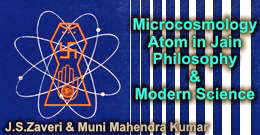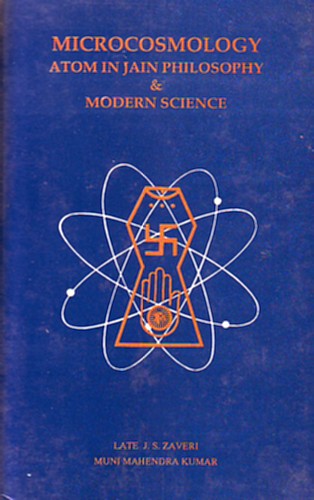
A completely adequate apprehension of reality would be one which contained all reality and nothing but reality; it would, in the first place, be all-embracing; it would include in itself every datum of direct experience; it would contain nothing else. In the second place, it would contain all its data without contradiction as a part of single harmonious system and, in the third place, such an all-embracing harmonious apprehension would clearly transcend the separation of existence from content. To such an ideally complete experience, we may give the name, introduced into philosophy by Avenarious, of a 'pure experience,' that is, an experience which is in all its parts experience and nothing else.
Our own human experience clearly falls far short of such an ideal because our experience is incomplete in respect of its data; there is much in reality, which never directly enters into the structure of our experience at all. Again, there may well be much in the real world which never, even in this indirect way, enters into the structure of human knowledge at all. Hence, our human experience and the intellectual constructions, by which we seek to interpret it, have always the character of being piecemeal and fragmentary. Perfect apprehension of systematic reality as a whole would be able to deduce from any one fact in the universe the nature of every other fact.1 Or rather, as the whole would be presented at once in its entirety, there would be no need for the deduction. Our facts, on the other hand, appear as bare "casual conjunctions or collocations" and the hypotheses by which we seek to weld them to a system never quite get rid of an element of arbitrary 'free' construction. Our ideal is to connect our presented facts by constructions, but it is an ideal which we arc never able to adequately realize. Our science would have to interpret the world of our experience, in ascending order of degrees of truth and reality. The knowledge conveyed by such a science would not be pure or all-embracing experience of reality but the abstract and imperfect one. But it would be final in the sense that no addition of fresh knowledge could modify it in principle.
We may perhaps illustrate this conception of knowledge, which, though imperfect, is yet final, by an instance borrowed from elementary mathematics. We know what the symbol n stands for. It is the ratio of a circumference to its diameter. And again both these terms can be defined unequivocally. Thus our knowledge of the meaning of the symbol is clearly final. At the same time, our knowledge of k, though final, is imperfect. For the quantity n is incommensurable and thus we can never precisely evaluate it. All we can do is to assign its value correctly within any desired degree of approximation. Again, one approximation is closer than another2. We have said above that scientific method can never explain all the aspects of reality. This is mainly because our finite view of the total physical reality is not only fragmentary but also largely contradictory and internally chaotic. We may, indeed, believe that the contradictions are only apparent and temporary and we would be able to fully explain them by further investigations. But we can never attain an experience in which the entire reality is presented to us as a harmonious whole. We, thus seem driven to assert the necessary existence of a super-human experience to which the whole universe of existence and its content is directly present as a complete and a harmonious system.
Common problem before both physics and philosophy is the verbal communication of the results of scientific investigations (for scientists) and/or the direct insight of the experience (for philosophers). Both are confronted with the limit of language. However, it is important to remember that mathematics and English are both languages. They are useful tools for conveying information, but if we try to communicate experience with them, they simply do not work. All a language can do is talk about an experience but a description of an experience is not the experience itself.
- Ayaro, 3/74: "Jo egam Janai, se savvam janai, Je savvam janai, se egam janai." - "He who knows one knows all. He who knows all knows one."
- For everyday purposes the value of a is taken to be 3.14. Its value up to 13th place after decimal is 3.1415926538979.
 Jethalal S. Zaveri
Jethalal S. Zaveri
 Prof. Muni Mahendra Kumar
Prof. Muni Mahendra Kumar

